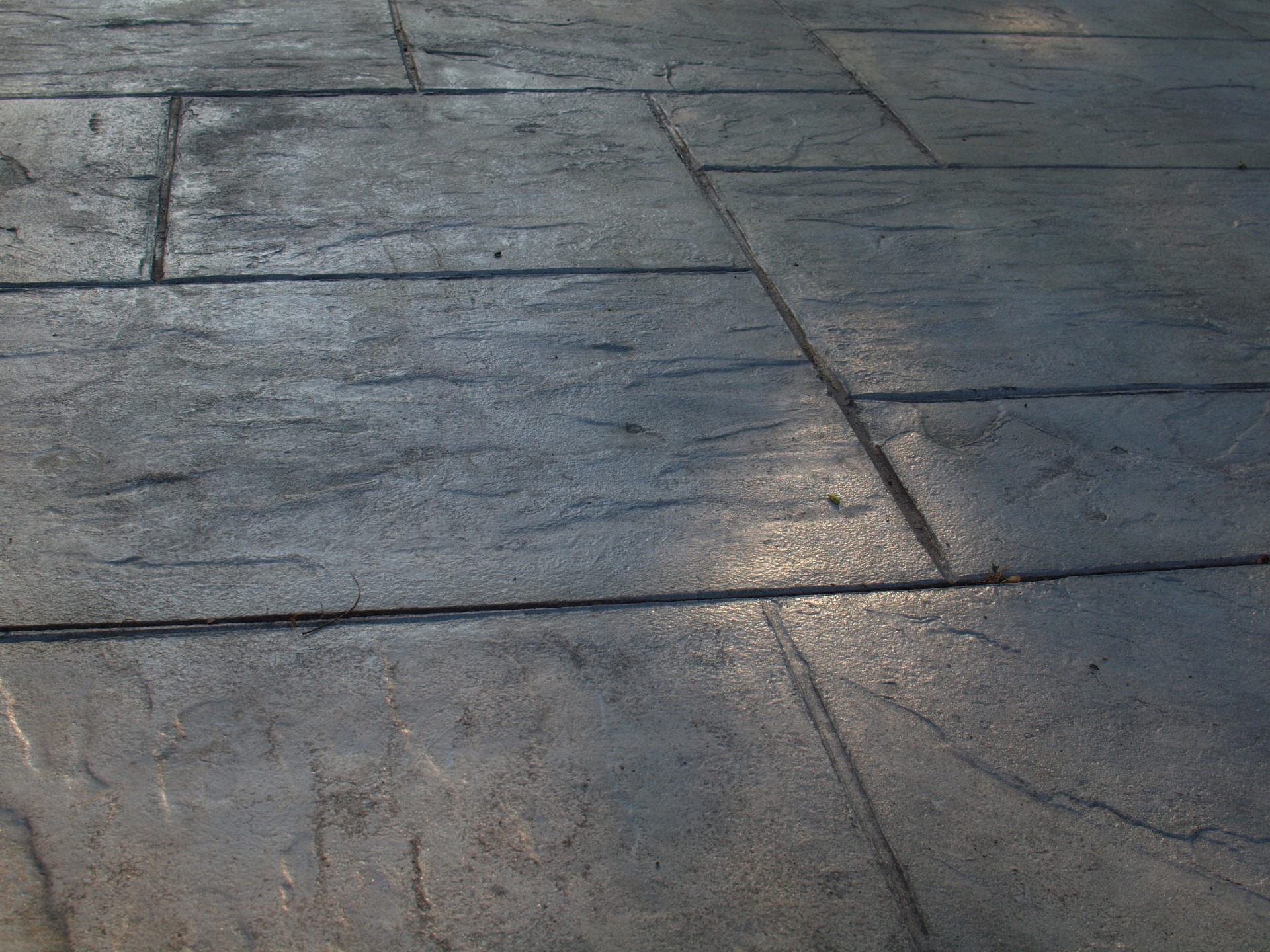Did you know that concrete is the most used building material worldwide? If you decide to take on a new masonry project then you have two options of materials to choose from: concrete and brick. There are pros and cons to both materials when applying them to the building you’re working on, but there are other factors to consider when choosing which to go with.
If you’re concerned with things like your budget or the impact on the environment, you’re going to need to know which of two materials will be best suited for you. Brick and concrete block masonry offer strong foundations over most other materials. They are used in many different kinds of buildings and homes, with one being used more than the other depending on location.
Did you know that concrete is the most used building material worldwide? Are you trying to choose the best type of masonry for your commercial building? Read onward to learn the pros and cons of concrete block and brick masonry. You’ll want to know the differences between both before starting up your next project!
Benefits of Concrete and Brick
There are a few benefits for having either concrete or brick used for a building. Both materials are strong and make for durable buildings, especially a commercial building that is used by many for a long time.
With brick masonry, bricks are lighter and easier to work with. Constructing things like doors and walkways is easy, while brick can be used for a variety of other things during construction.
For concrete masonry, a concrete block can be made at any specification and be given many kinds of sizes or finishes. Concrete also have good insulation properties, as well as resistant to hazards like weather, fire, mold, and pests.
Environmental Effects of A Concrete Block and Red Brick
In commercial masonry, durability and environmental degradation is always a concern when constructing a building.
A concrete block is more environmentally friendly than a red brick because concrete doesn’t contribute much damage to the environment. Red brick is made with the top layer of the Earth mixed with water and heat, which builds up wastes that is put into landfills.
The Costs of Concrete and Brick
For those who are concerned with budgeting well, the choice can go either way. Brick can be a bit more expensive to install, while working with concrete can be more expensive if you need to transport them to a construction site. The price for either one can also go up if you want to use specialty blocks for different reasons, such as better insulation or presentation.
Making a concrete block or a red brick comes with its own cost as well, because red bricks require red soil. So depending on the type of office building being constructed, the cost of building it can vary.
Choosing Between Concrete and Brick
By reading through our guide about concrete block and brick, you’ll be more informed on the differences of both and what you should choose for your next project. While both are different types of masonry, the benefits of both will fit to different buildings with varying priorities in their construction.
Visit the rest of our website to read through more helpful resources and browse more articles!

